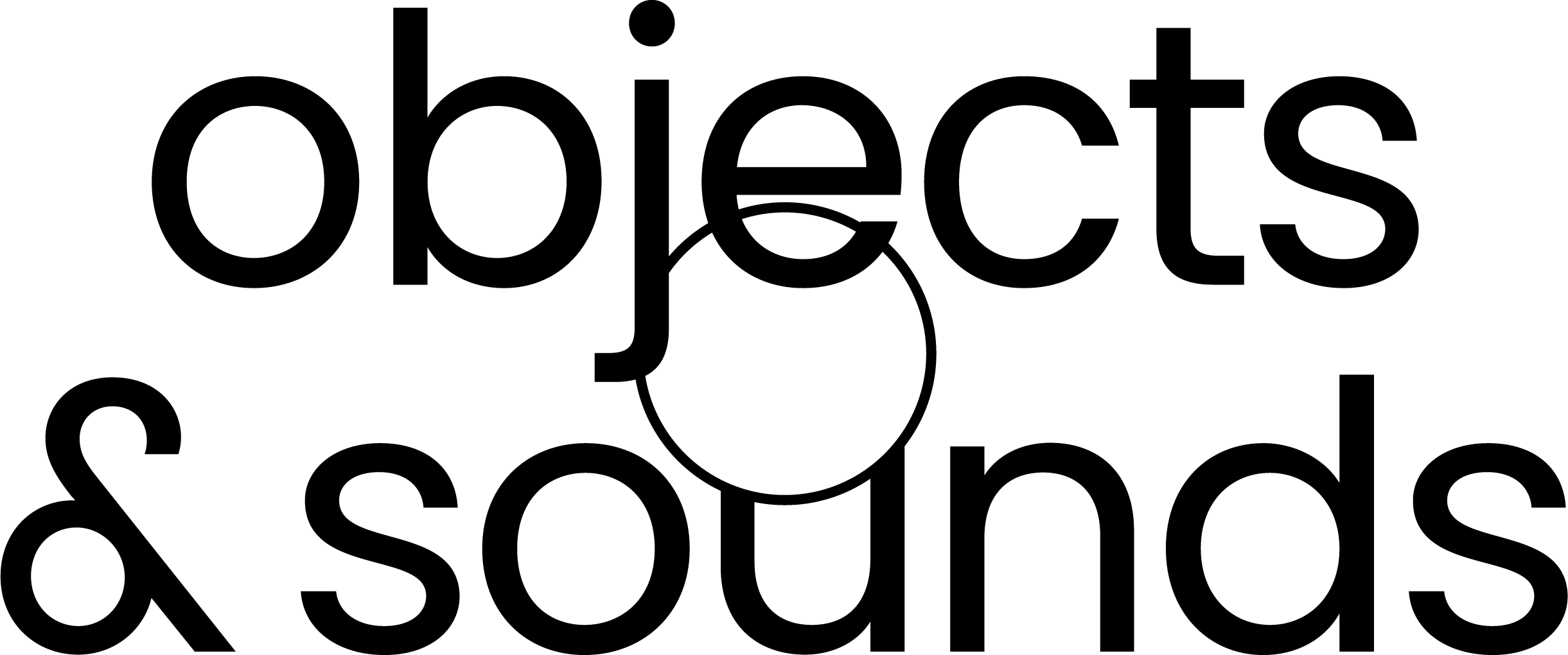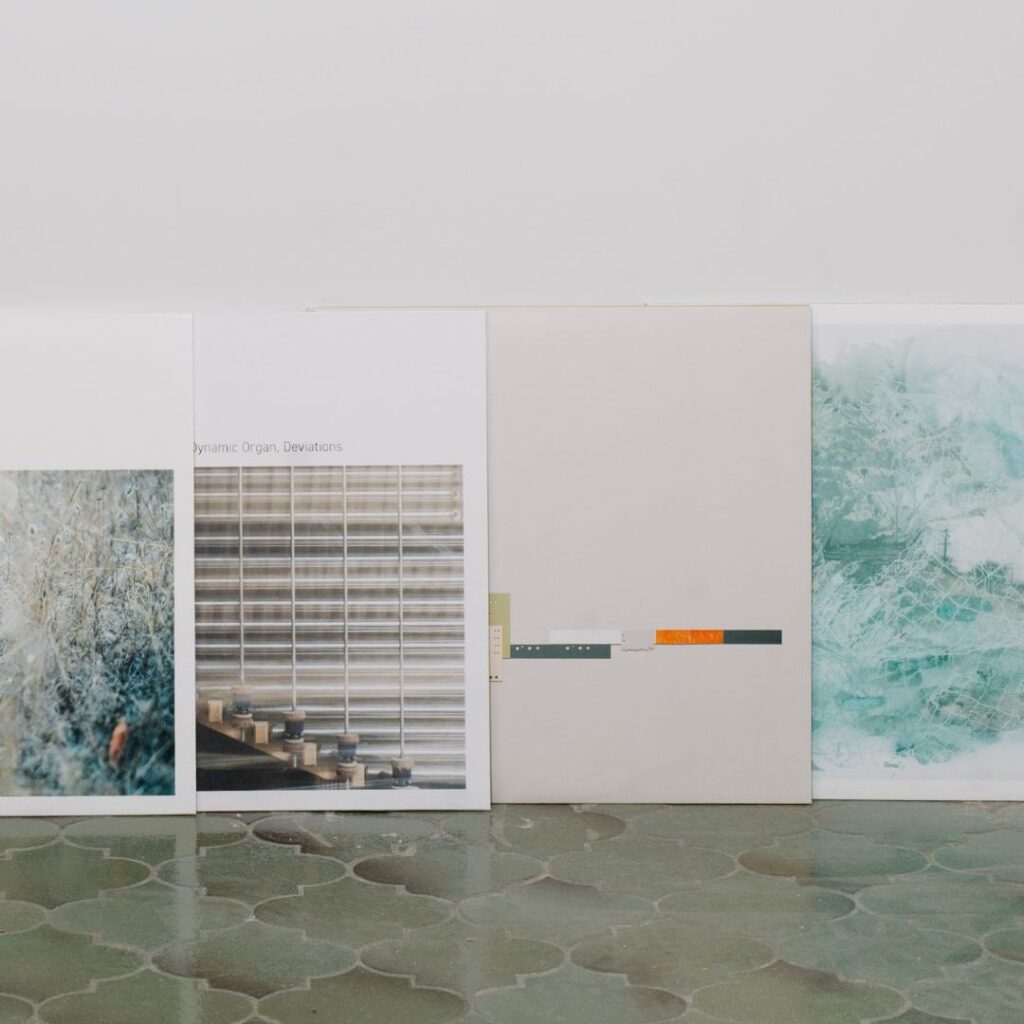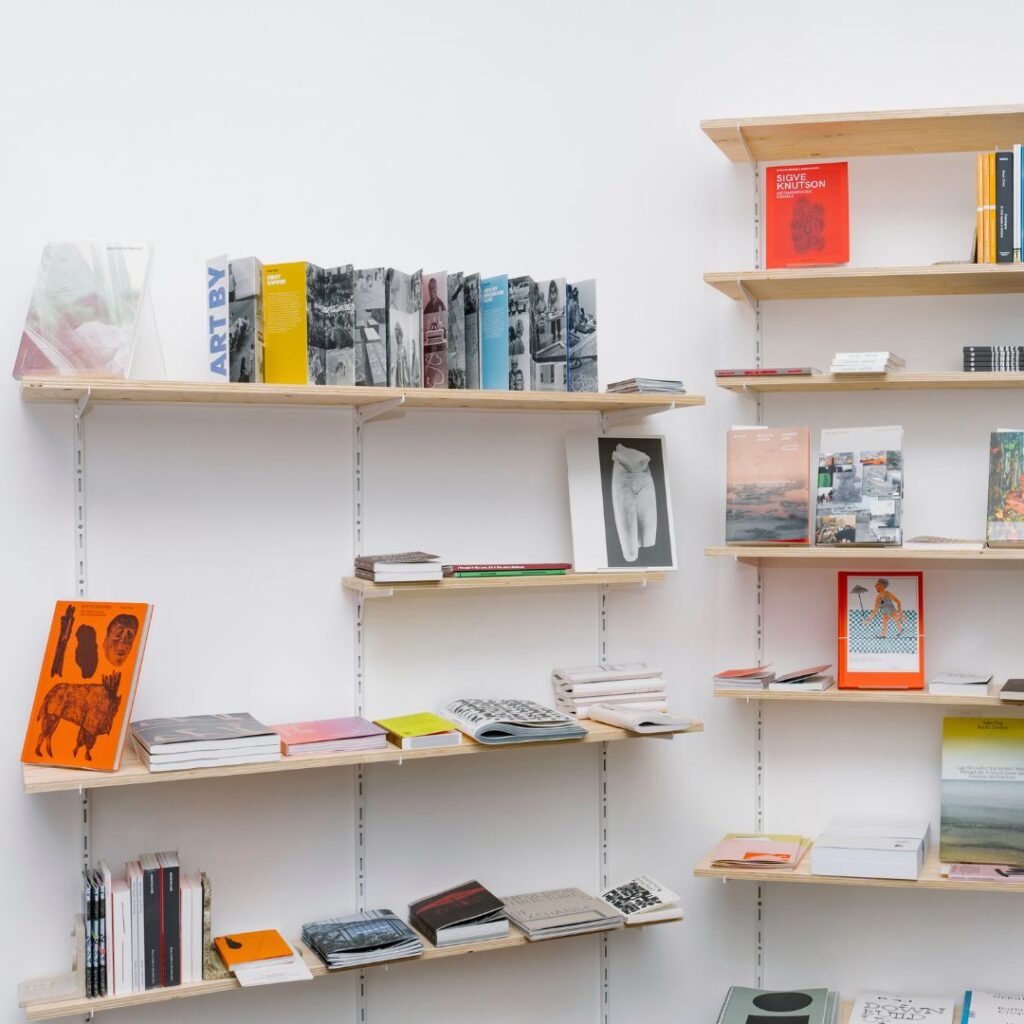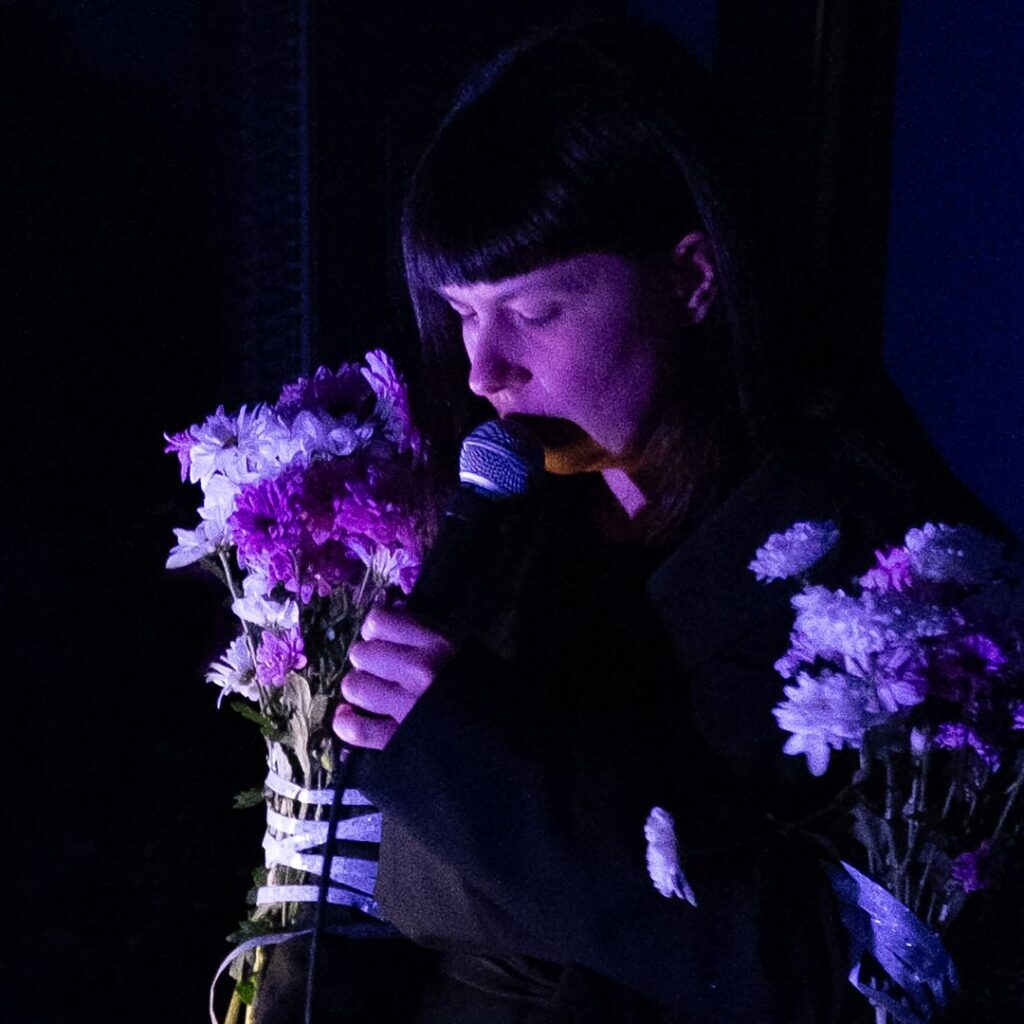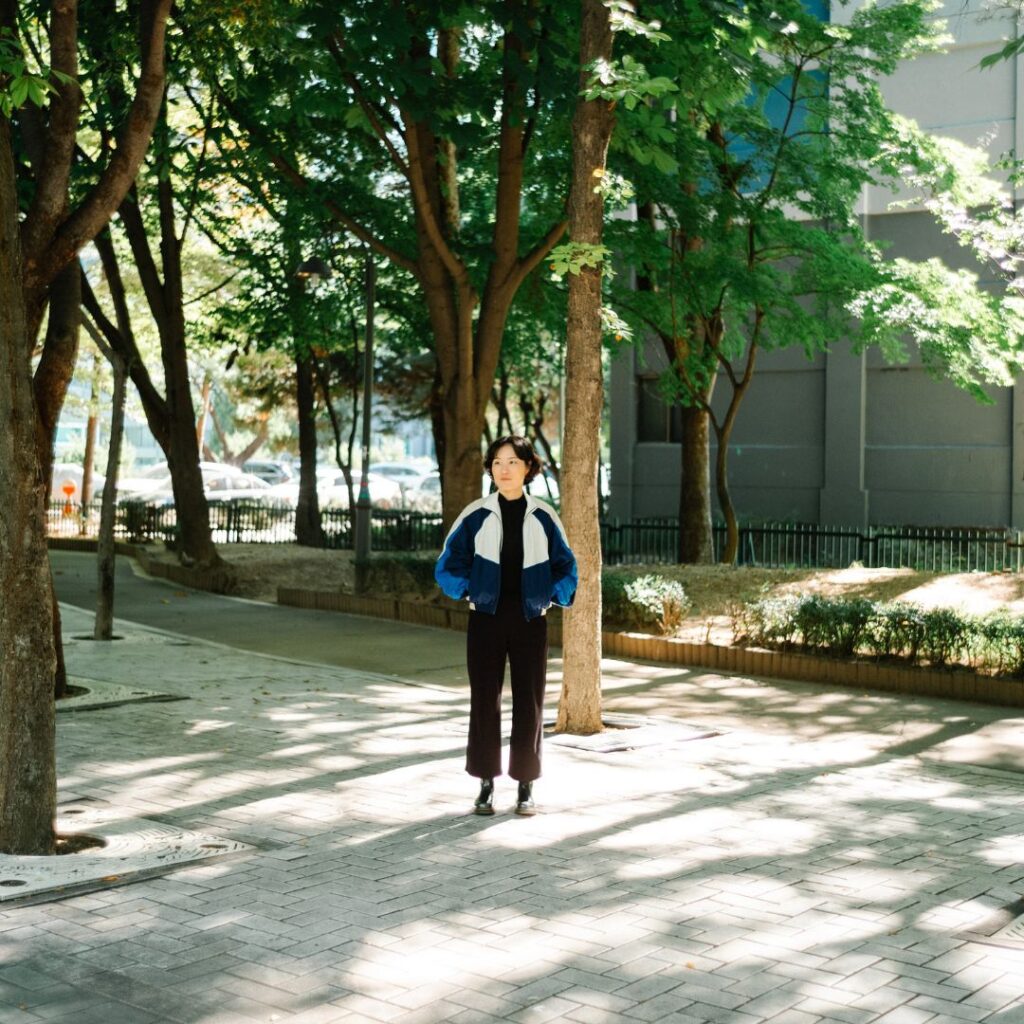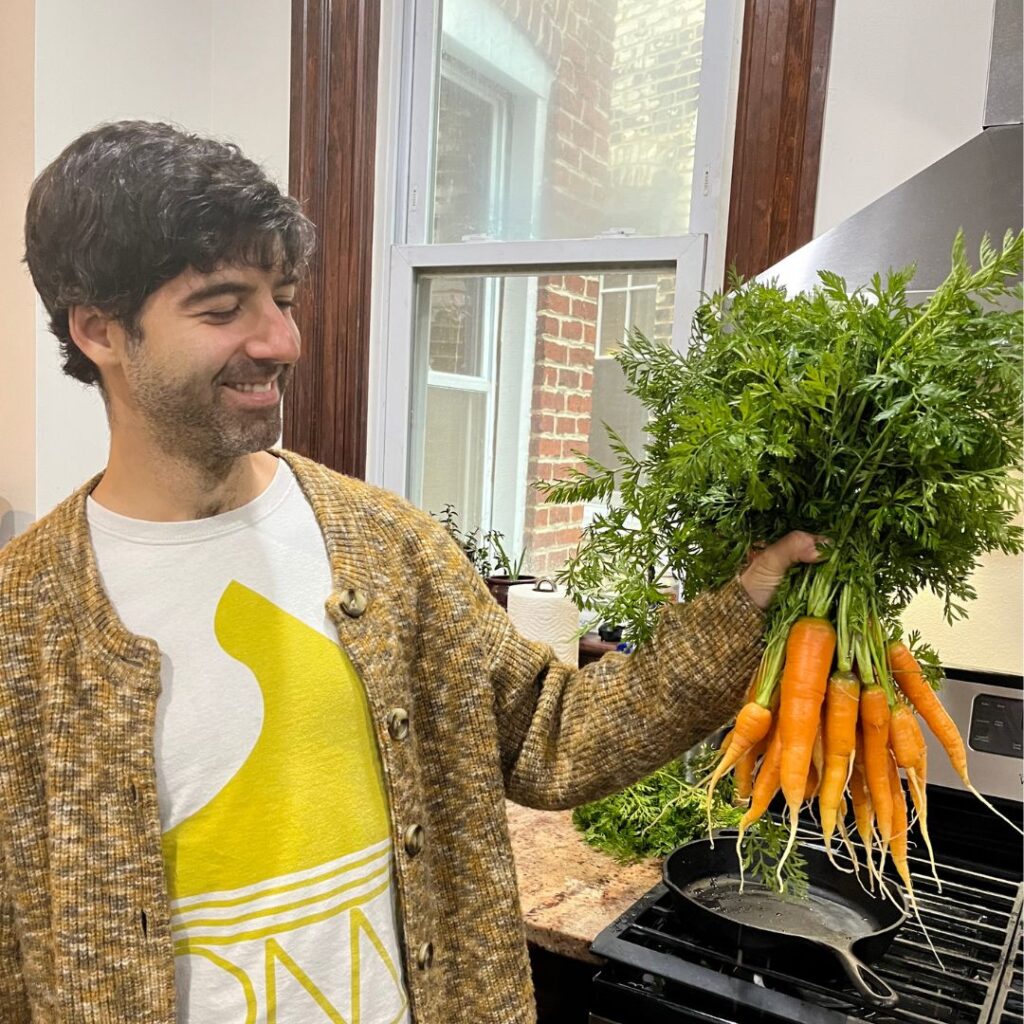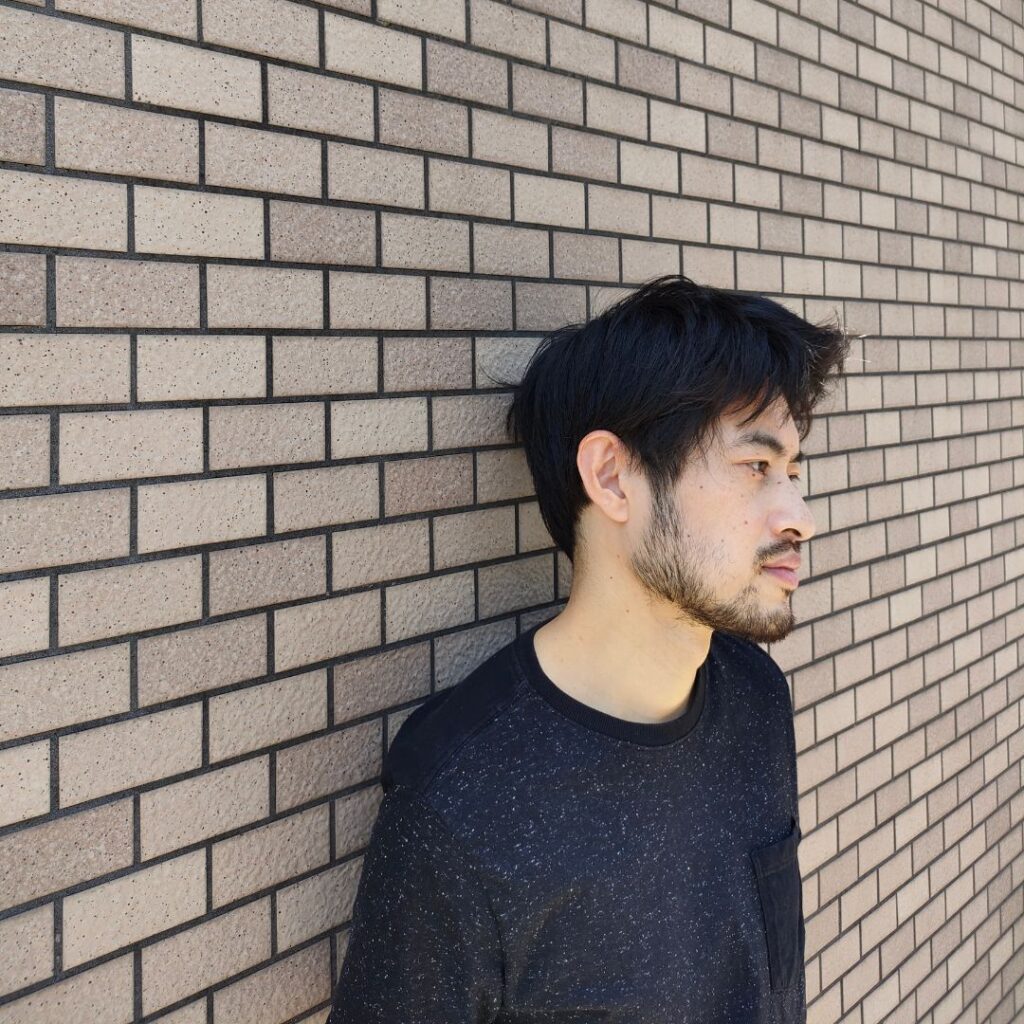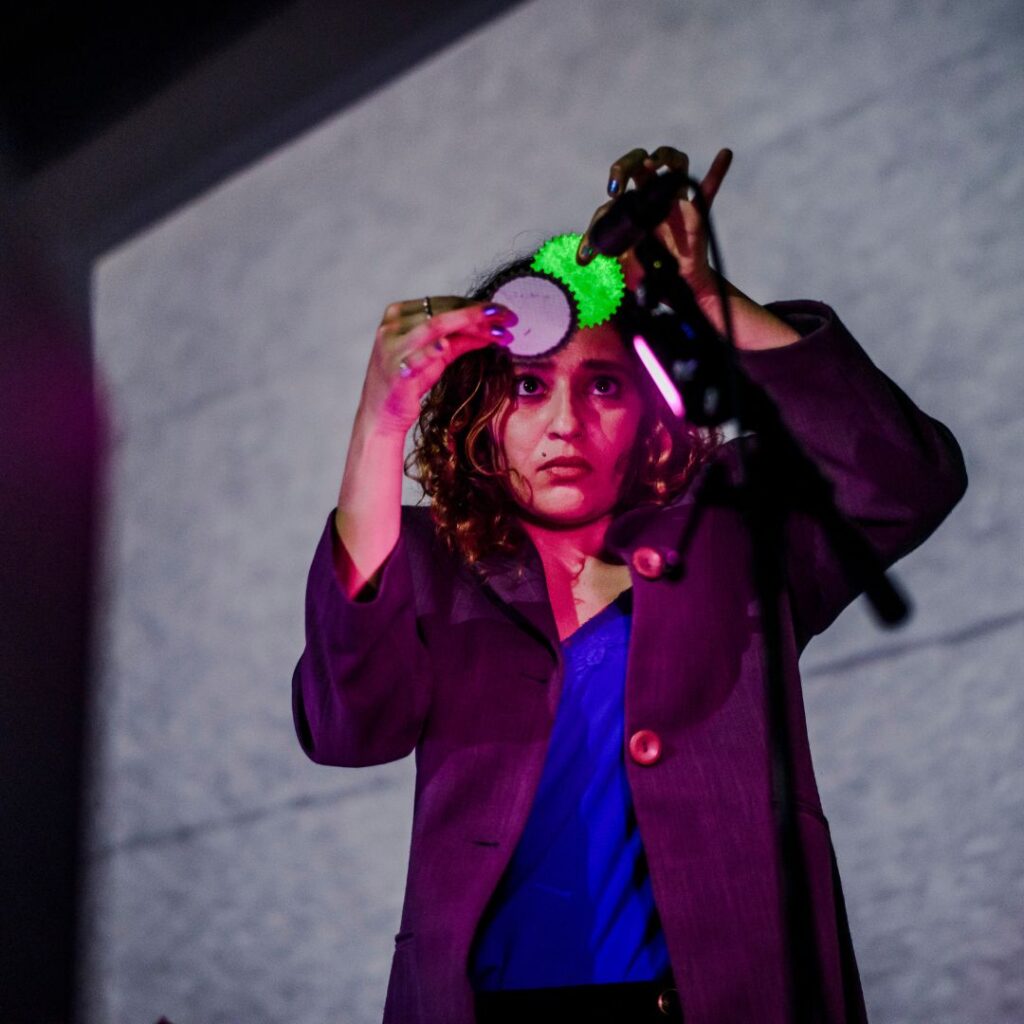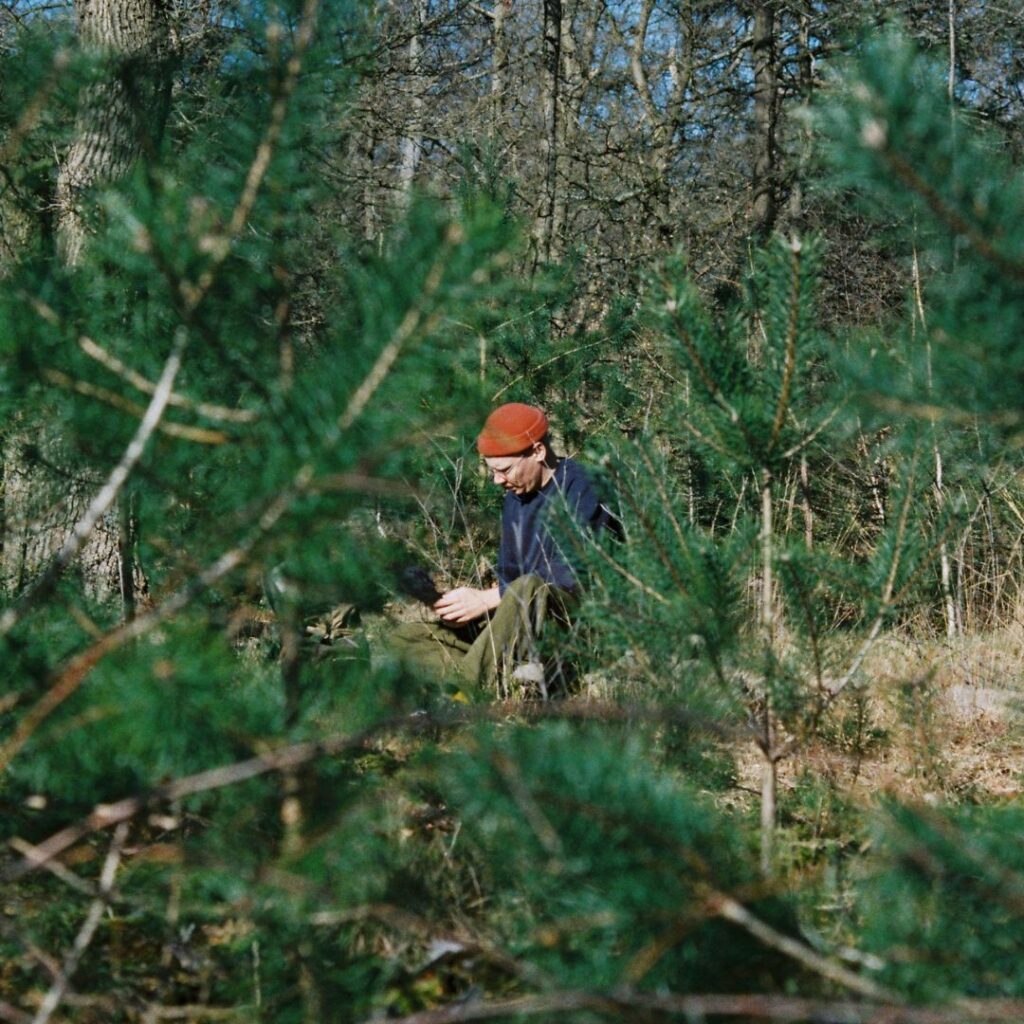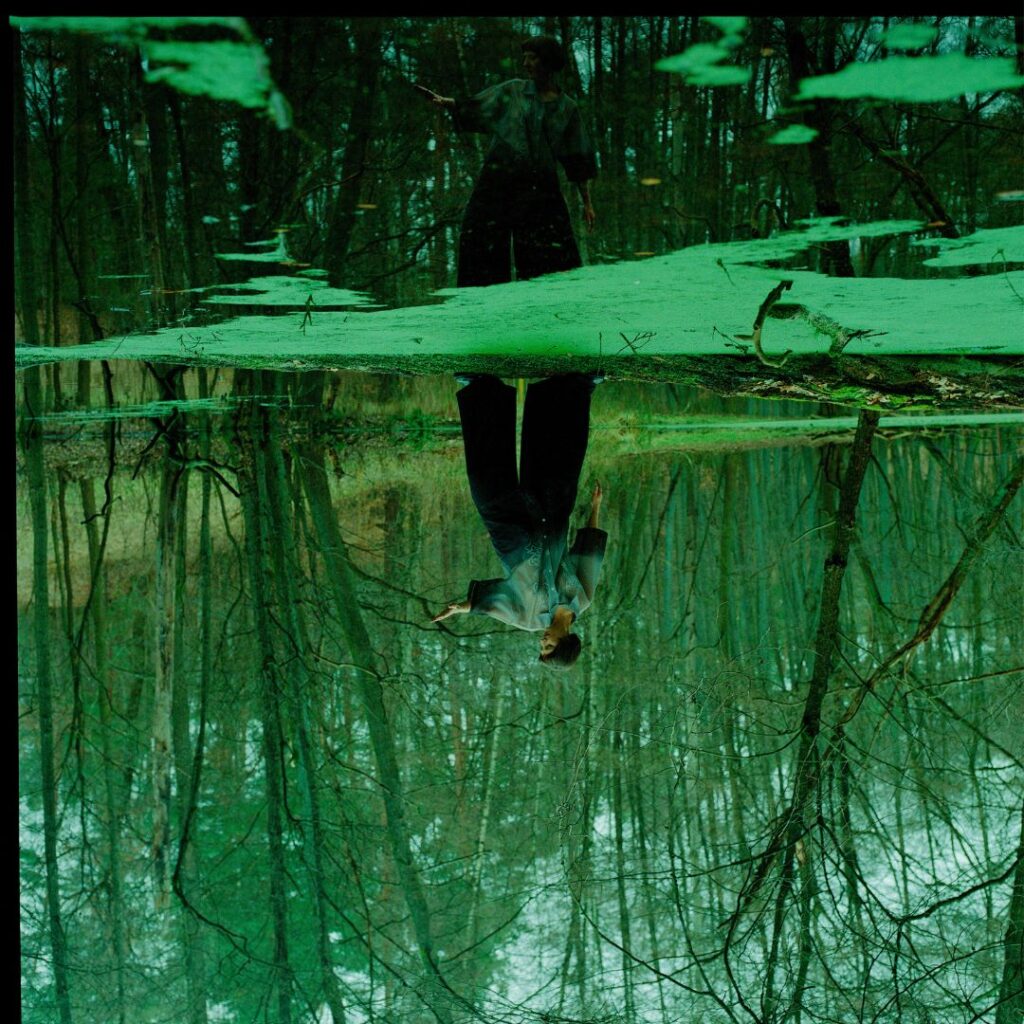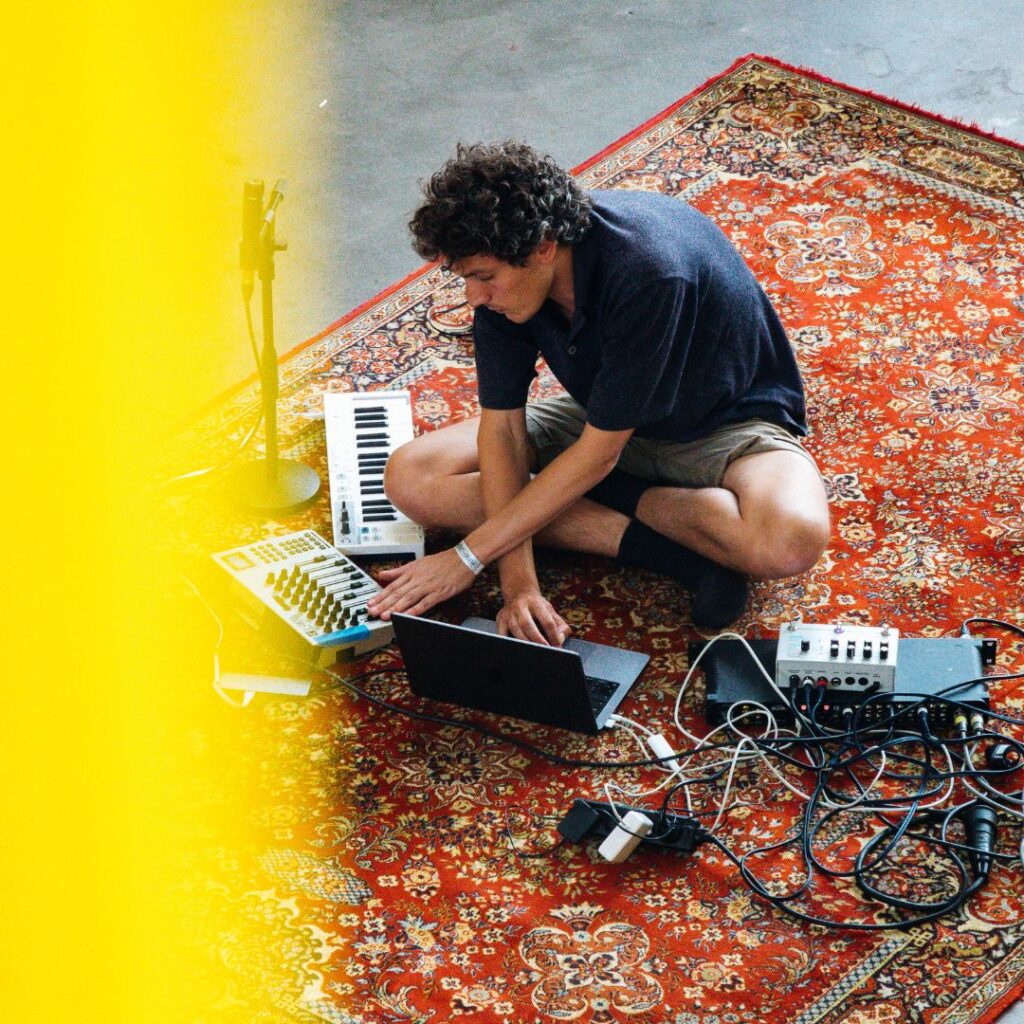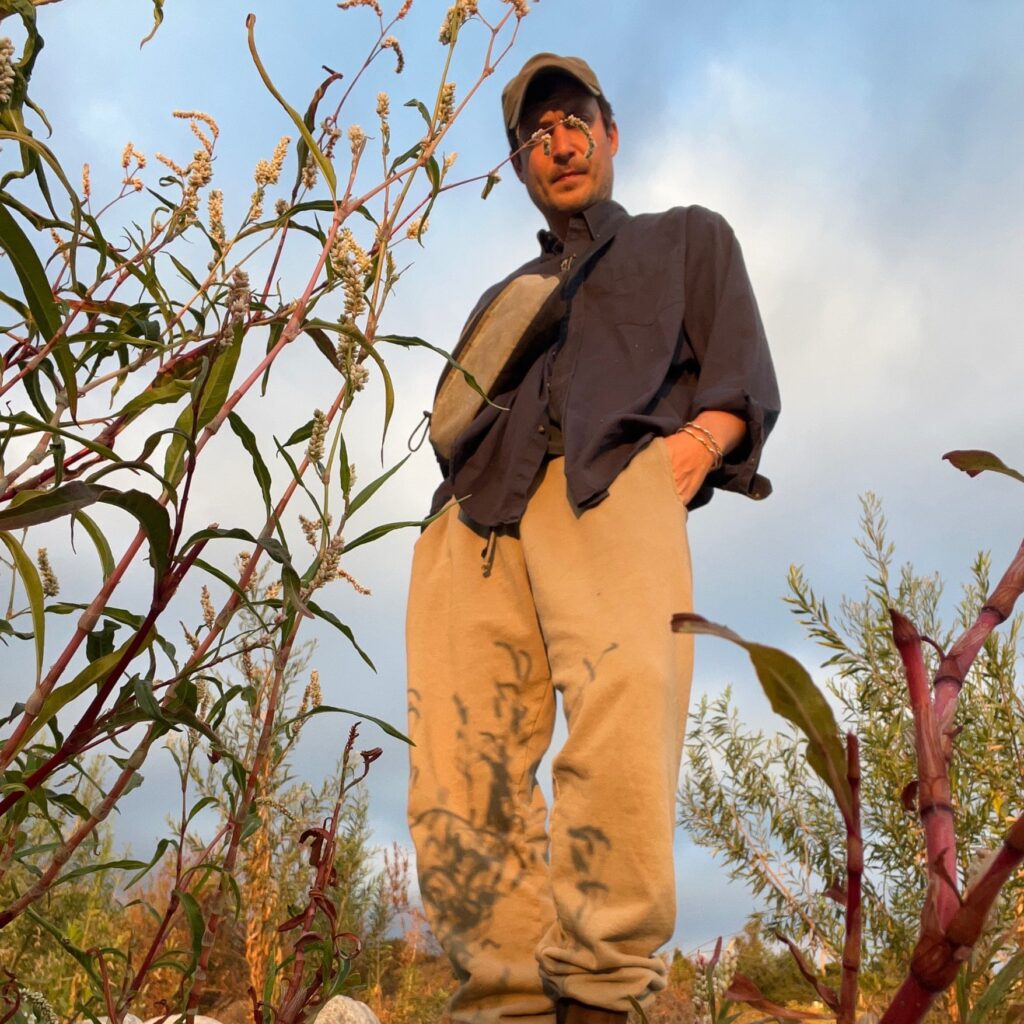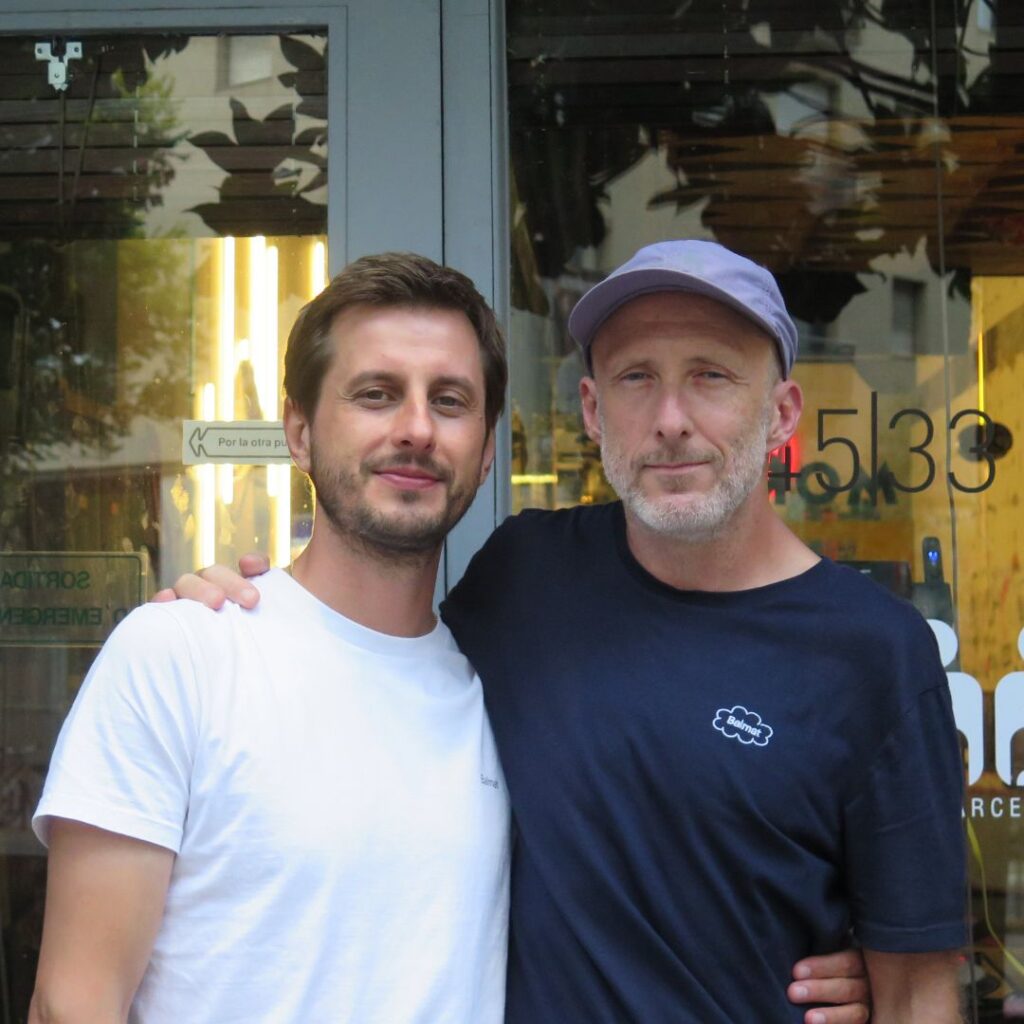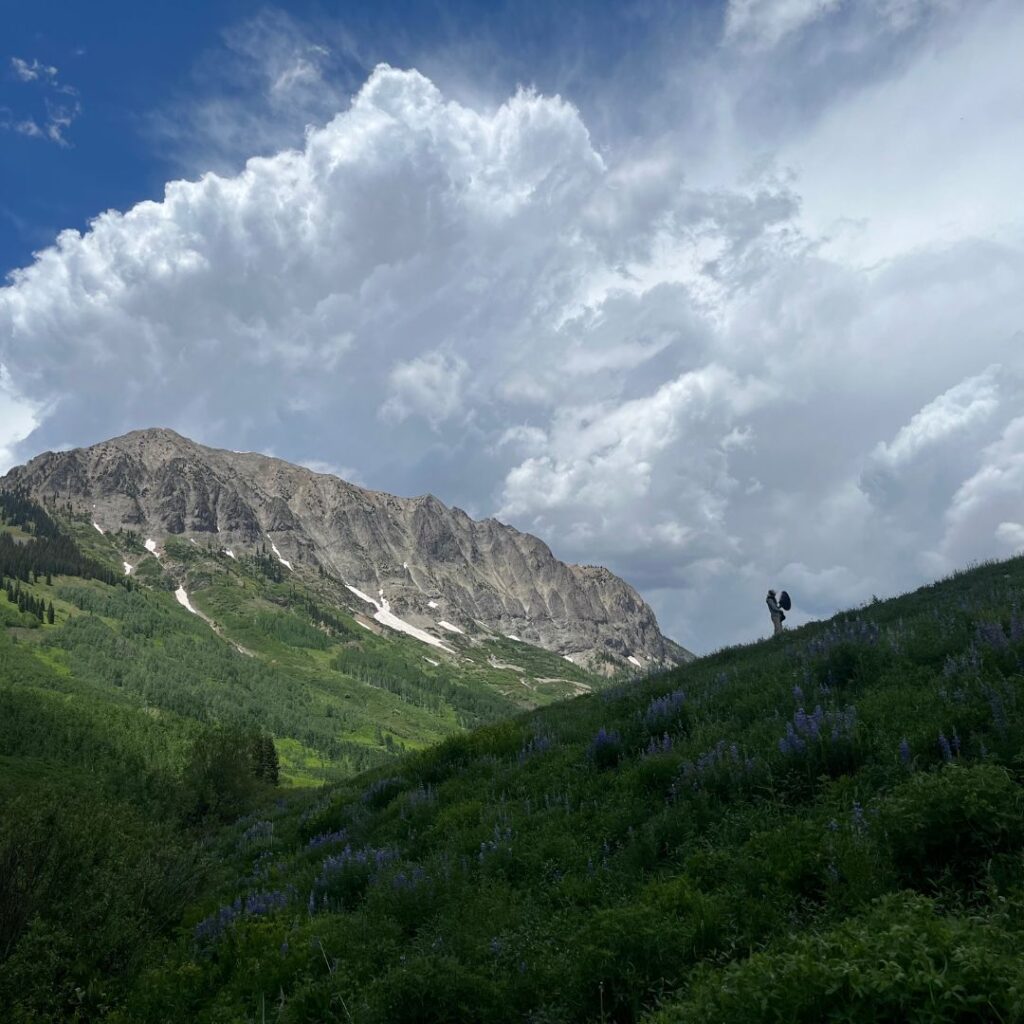sonic confessions with martyna basta
The tables have turned for Martyna Basta. She is now answering questions, instead of asking them. Though she is normally self-assured in conversation, she becomes more shy and self-conscious to talk about her own work, revealing that she started making music to express in tones what she can’t with words.
How would you describe your music to a total stranger?
It’s easier for me to describe what sounds I find fascinating, rather than describe what my music sounds like. But I think there are fundamentals in it that remain consistent. The most important thing is that it’s very personal. Making music feels like a confession to me, like writing a heartfelt letter or having an intimate conversation with a listener. More than trying to think about what I want to say, I’m always very curious to hear what people take from it.
What else do you consider fundamental to your music?
Field recordings are important for me and my whole practice. I never use any found footage in my music. I find it important to record the reality around me and to use sounds that I encounter on a daily basis. My recordings are like memories I keep of reality. I like the idea of recording a very small part of my world and making a whole imaginary other place out of it. That’s probably something I’m seeking for in my music: to shape a world that is built on the very reality I find myself living.
You impulsively sold your guitar and bought a synthesizer after performing the Giuliani Guitar Concerto. It’s very interesting how the classical guitar is making its way back to your work.
After dropping out of music school, I was unable to play the classical guitar for years. With some distance, I think I really needed that break to be able to discover it in a different way. I realized it’s a skill that I possess and I’m slowly learning to reframe my relationship with the instrument. I’m finding myself in it again, especially in a new environment with a different perspective. It’s also a way for me to reconcile with this weird uncomfortable memory I had as a kid and as a teenager growing up with a love-hate relationship with music school.
You always relate to music school as the best of the worst years of your life. Can we talk about that dichotomy?
There are really many contradictory feelings about it. In music school, everything had to be perfect. There was no room for any margin of error or any room for experimentation. I find it very difficult to exist in a system where you are learning to be perfect in every detail, although I probably would be in a much different place if I hadn’t been there. I feel like I’m still drawing a lot from it in my practice, maybe unconsciously even, and I feel that I would approach it very differently if it hadn’t been for 12 years of music school.

In what sense?
I started exploring electronic music with the synth, but I very quickly realized it’s not something I can really find myself in. I reached out to classical instruments because I need to have touch. I need to have an object in front of me because only then it feels kind of real for me. That’s also why I find it very crucial to record everything on my own and to explore the world of sound with my little recorder. I like the idea of building a world with my own hands.
There’s something very fragile and vulnerable about your work, from the pieces themselves to the track titles. What do you hope to express?
When I make music, I feel like I’m writing a letter and my message is just expressed in tones instead of words. The fragments of my thoughts are scattered in pieces, so perhaps my message is never clear but rather just full of questions.
Most of the time I also feel like the pieces I make are just kind of coming my way and taking shape naturally. Almost as if it’s happening without my control, even though I’m the creator. I am also an observer at the same time, so the outcome is always a surprise.
I often feel that my music comes from an unconscious part of me, so it’s hard to say for certain what I’m hoping to express. I just hope that when people listen to it, they can take a bit from this reality I’ve created and find themselves in it.
What does your process look like?
My process is spontaneous and chaotic. I feel very strongly driven by intuition and impulsivity. I can create a piece in a very short period, but I find that it’s important for my practice to leave it for a while, so I can come back to it and hear it differently or have other ideas that can contribute to it. Giving space to my music is just as important to me as making music.
It’s very interesting how you describe your process as chaotic because working with you has been quite the opposite. You are very structured. Do you tend to work on many different things in parallel?
The pieces I make tend to be a mirror of my reality, so most of the time I focus on just one single project, to really embrace all the feelings that surround it. It’s hard for me to do things in parallel. I need to dedicate myself to certain thoughts and ideas to be able to process those feelings fully and make something whole out of it.
When I listen to your music, it seems like solitude and loneliness are themes that often come back in your work. Why?
I think it’s because loneliness is such a difficult state to be in, but I found myself in moments where loneliness was incredibly enriching. I feel like what I’m really searching for is a sense of wholeness amidst the loneliness. You know, talking about this now is making me realize how hard it is to put all these emotions into words and I think that’s also why I started making music. I felt like there are some things that are too hard to express in language.
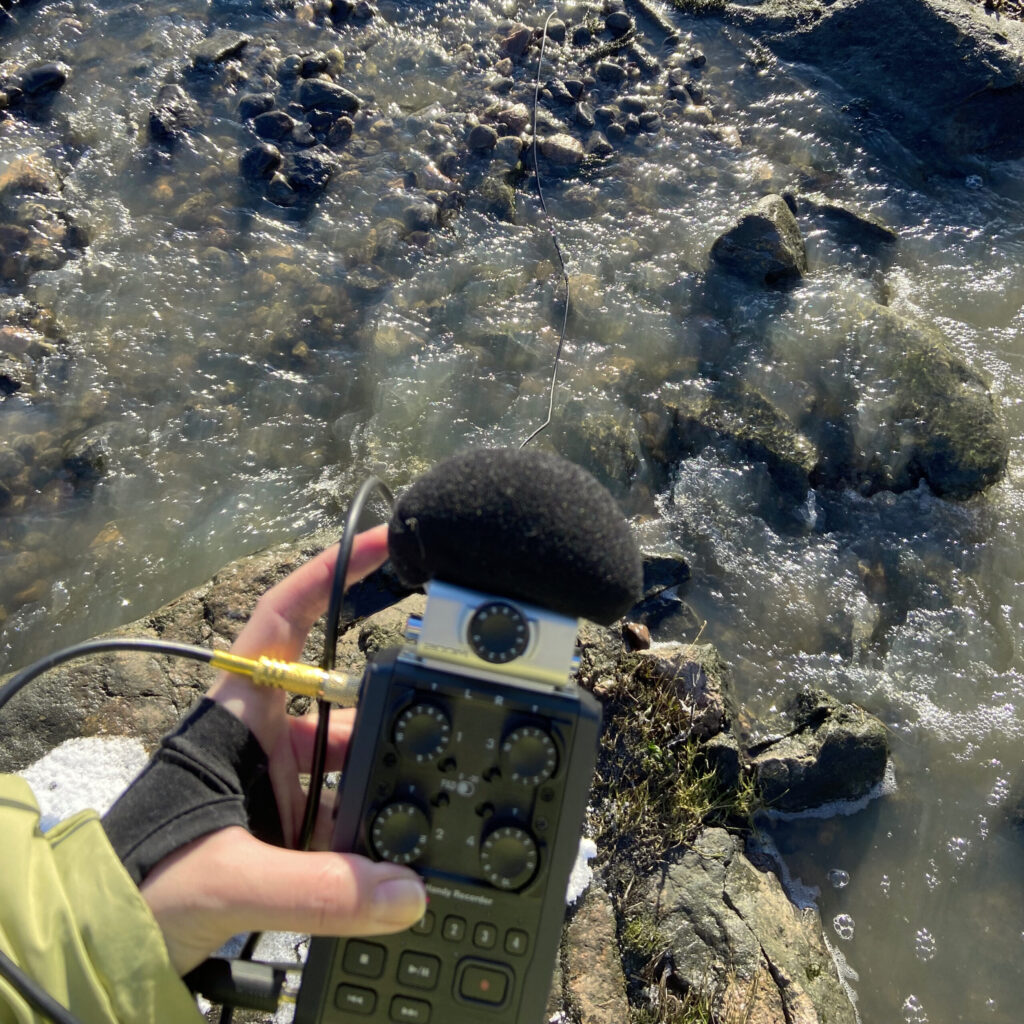
This is really what I sense listening to your music, as if there’s really something deep in there that you want to get out of your chest.
I think you just said it perfectly. Music always has this feeling of lifting a veil for me. It’s been a tool for me to process the feelings that always just stay within and get them out of my chest.
It also seems equally important for you to express yourself in photography and the artwork.
I’ve been involved with photography for years before I decided to pursue music again, so it’s a way for me to stay connected with it. Music is also so abstract and so imaginary. It’s interesting how an image can bring the listener closer to what the music is about or what it tries to depict.
You collaborated with your partner, Iwo, on the artwork of your new album Slowly Forgetting, Barely Remembering. What was that like?
It felt like the most natural and right thing to do because Iwo witnessed the whole process, from the very beginning to the very end. I remember we were just talking about the material and sharing our feelings about it, then he created this drawing, almost like it’s taken straight out of my mind.
The artwork of my debut album Making Eye Contact With Solitude was also created by my friend Julita, but the process was completely different. I just shared the whole material with her, and she made the drawings while listening to the album. She was sketching whatever came to mind and capturing her first feelings about the music, while Iwo was literally with me throughout the whole process.
The drawing of Iwo also looks very fragile, almost as if it can be erased.
The whole drawing consists of very carefully done pencil marks, which mimics a bit how my practice is like. It’s all about capturing and fixating on those little details.
And how do you think both releases are different and similar at the same time?
With Making Eye Contact With Solitude, I wasn’t even sure if someone would ever listen to it. It all happened very spontaneously. I remember just walking around Krakow with my recorder and having a lot of fun with the process. My practice is still spontaneous, but it is also much more careful at the same time. I’ve become much more observant about the whole process and more focused on the minute details.
The narratives of both albums are also very different. Making Eye Contact With Solitude was based around the repetitiveness of nature and the everydayness of life. Slowly Forgetting, Barely Remembering is more focused on what lies beneath the surface of everydayness. It’s about how memories get blurred or fragmented. That liminal space between dream and reality.
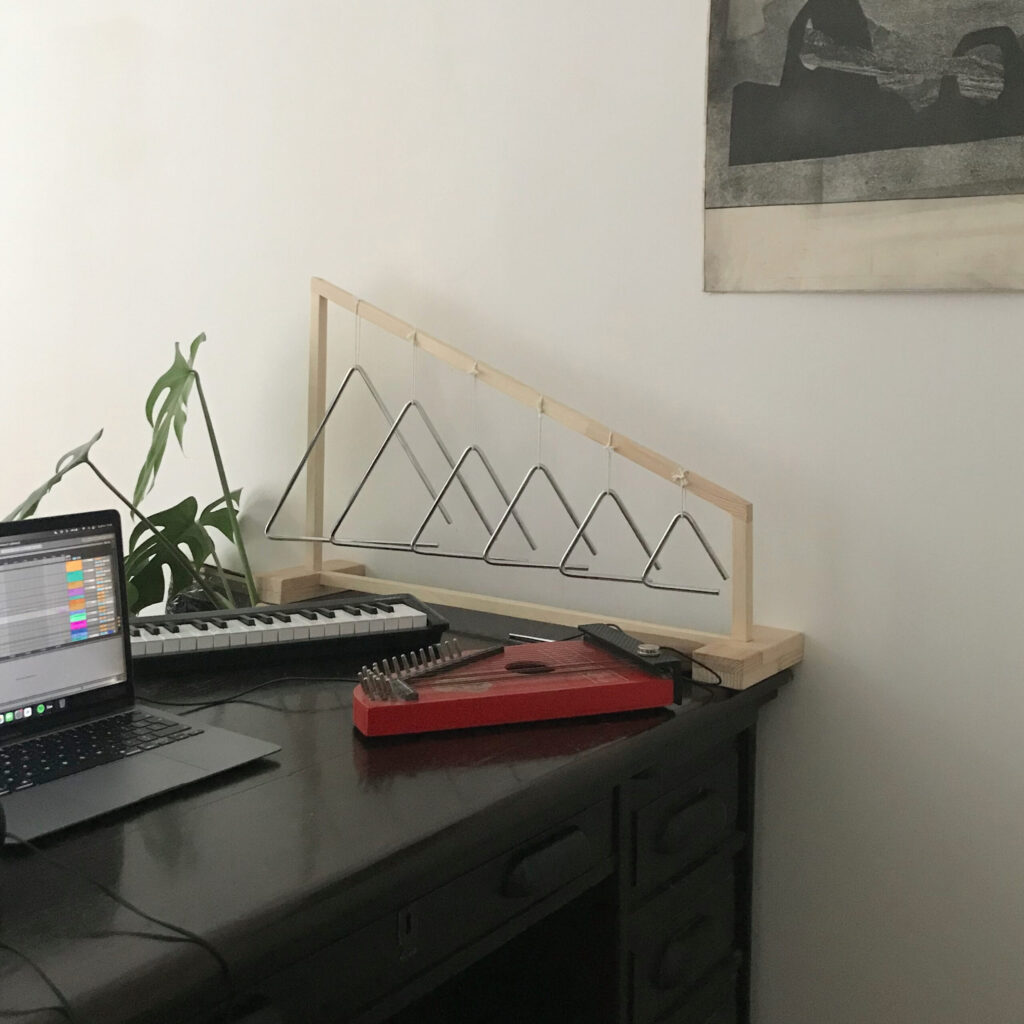
I can really imagine you walking around Krakow with your recorder. Do you make an active effort to rekindle that carefree attitude to making music?
There’s a naivety to making the first album that I can never recreate. There’s also a certain pressure that follows the debut album. It’s mostly also a feeling of wanting to progress and learn more every time. I very much value how time changes both what’s within me and what’s around, so the music I make is always a reflection of that.
And do you think being in Krakow influences the music that you make or the nature of your practice?
I think a lot about this and whether being in Eastern Europe sets a certain tone to my music, but it’s very hard for me to point out which detail about my practice is truly from here. Although since I record everything on my own, the recordings that make their way to my music come very much from the reality right here. It’s just hard for me to imagine how it could be different since I’ve lived all my life here.
More than my place of origin, I prefer to think about the places in nature I’ve had the chance to encounter growing up. Visiting my grandmother in the countryside and spending my childhood days around nature is something that really influenced my practice.
What are you planning to explore next musically?
I’m very interested in exploring the metallicity of sound and I’m starting to develop some kind of obsession with it. Rather than planning, I always just try to stay open for what’s to come.

